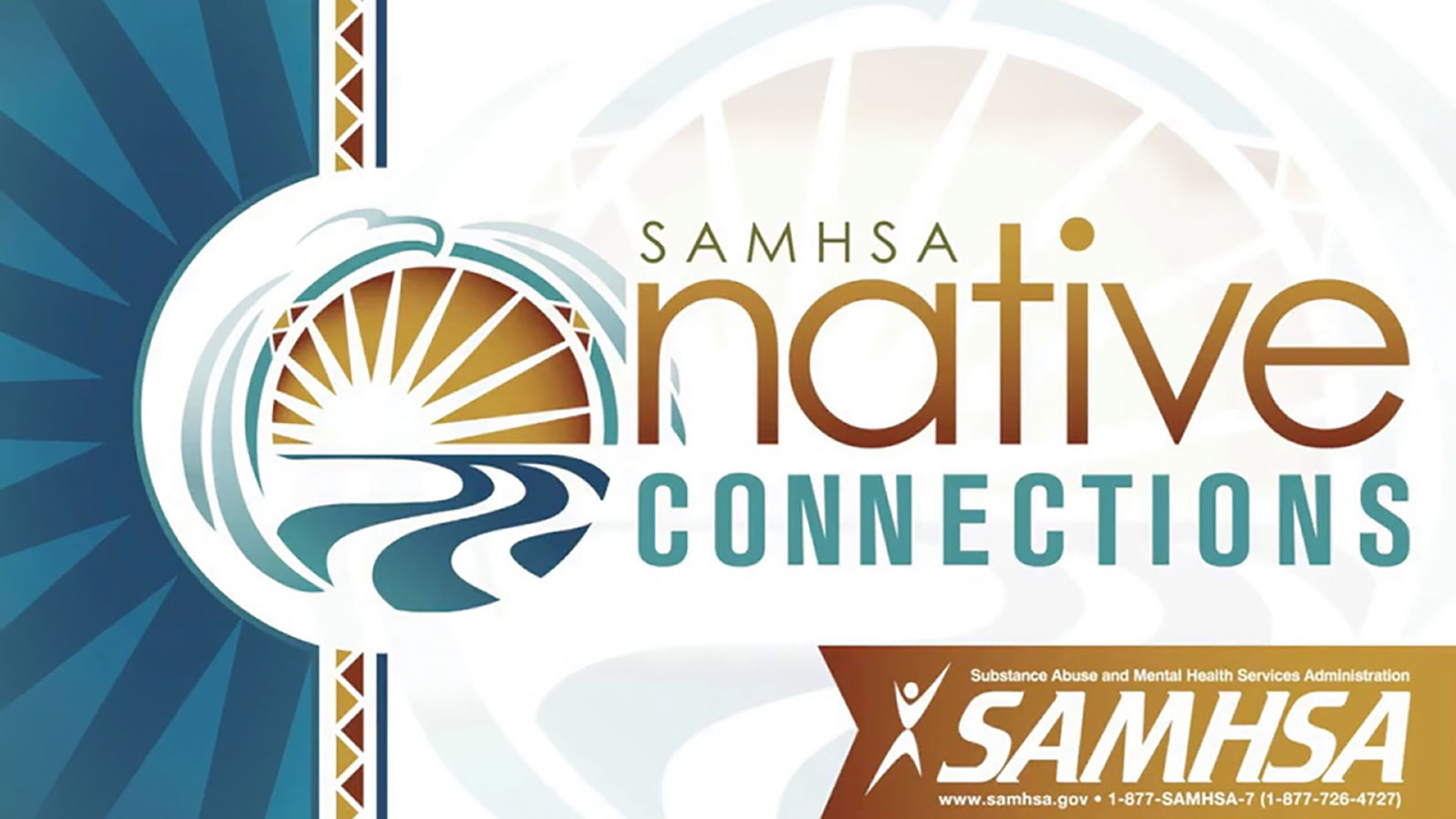Today is a unique time in history – with the current pandemic and the call for system changes in our police systems, justice systems, and overall policies and procedures that have effectively created and sustained health disparities within certain populations rather than others. With this said, how does this affect the mental health of minority populations, especially people of color which includes Native Americans?
Mental Health and Racial Tensions
Let’s be clear about one thing, there is a clear link to mental health disparities and demographics. According to the National Council for Behavioral Health, “Though communities of color, because of socioeconomic challenges, may be at higher risk for poor mental health, this stigma contributes to a reluctance to recognize the need for the help of a physician or therapist.” And according to the U.S. Department of Health and Human Services Office of Minority Health. “Adult Black/African Americans are 20 percent more likely to report serious psychological distress than adult Whites.”
According to Mental Health America, “Native Americans experience serious psychological distress 1.5 times more than the general population.” Native Americans have seen and felt their share of discrimination and forced assimilation. They’ve seen the effects of boarding schools and all the tools and decisions of the past that were used to “kill the Indian but save the man.” We like to call this historical trauma, but it is not only “historical.” Native American communities continue to face ongoing disparities in access to health services and treatment, nutrient-rich foods, transportation, resources, education, supplies and goods, employment, and economic development. All these disparities affect our mental health state.
We might worry about becoming sick and how to pay for treatment. We might not have reliable transportation to travel more than 15 miles from home to get treatment or sign up for resources that are in bigger cities or towns. We might be looked at differently or talked to differently because of the color of our skin or our accent. All these examples can weigh heavily on our mental state and sometimes even stir up past traumatic incidents, especially for our elders who may have experienced racial tensions or discrimination in the past.
So how can we respond?
Some may look towards prayer to cope, or empathize with those who are still being discriminated against due to the color of their skin, their language, their sexuality, their gender, their race or country of origin, or just for being different. Some may look towards different forms of action and this could range from educating themselves and their households about discrimination and the history of the United States from a person of color’s perspective. Some may write their political figures to ask them to stand up against racism of all forms (individual, interpersonal and institutional racism). And some might act out in violence or destruction because of the pain, sadness, and anger they feel. If you feel this way, there are many more productive and effective ways to channel those feelings, including art, journaling, poetry, music, and laughter with people who are close to us.
Whatever way we choose to participate to make this place we call home better for all, we must keep in mind it can also take a toll on our mental health. It is important and okay to take a step away from the news and social media and take some time for yourself.
If our mind is hurt, much like our body, we must give it time to heal and we must find ways that help the healing process.
What are some ways the mind can heal?
Here are some tips and ideas from the Southern Ute Behavioral Health Division and the Native Connections Program:
- Get a full night’s rest (Seven–nine hours of uninterrupted sleep).
- Volunteer your time to a purpose you believe in but that will not overwhelm you.
- Write down your thoughts and experiences in a journal.
- Take a walk, a jog, a bike ride, or workout at least once a day for five-30 minutes.
- Laugh more.
- And as always, it’s good to schedule a conversation with a counselor or therapist. We go to the doctor when our body hurts, why shouldn’t we go to a counselor or therapist when our mind hurts?
And for more information about how to fight racism, check out the United Nations website “Lets Fight Racism!” at www.un.org/en/letsfightracism.
Want to help and be a part of the change?
Looking for community members and youth to join the Prevention Coalition tasked to reduce youth substance usage, eliminate mental health stigma and start the discussion around suicide and prevention.
Upcoming Prevention Coalition Meeting: Until further notice no meetings are being scheduled.
Contact Precious Collins, Native Connections Program Coordinator for more information 970-563-2487.
Upcoming Trainings:
FREE online Suicide Prevention Training- Question, Persuade, Refer (QPR) for Southern Ute Tribe Employees and for Southern Ute Tribal Members. Let’s all learn the warning signs and what to do if someone is experiencing a crisis.
Please contact Precious Collins at 970-306-8131 or email prcollins@southernute-nsn.gov to sign up.

